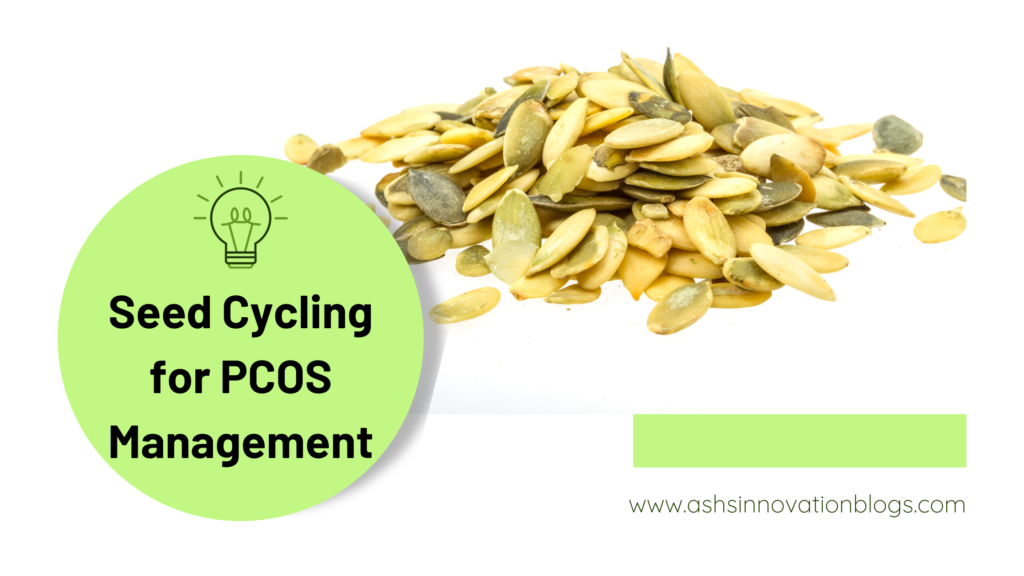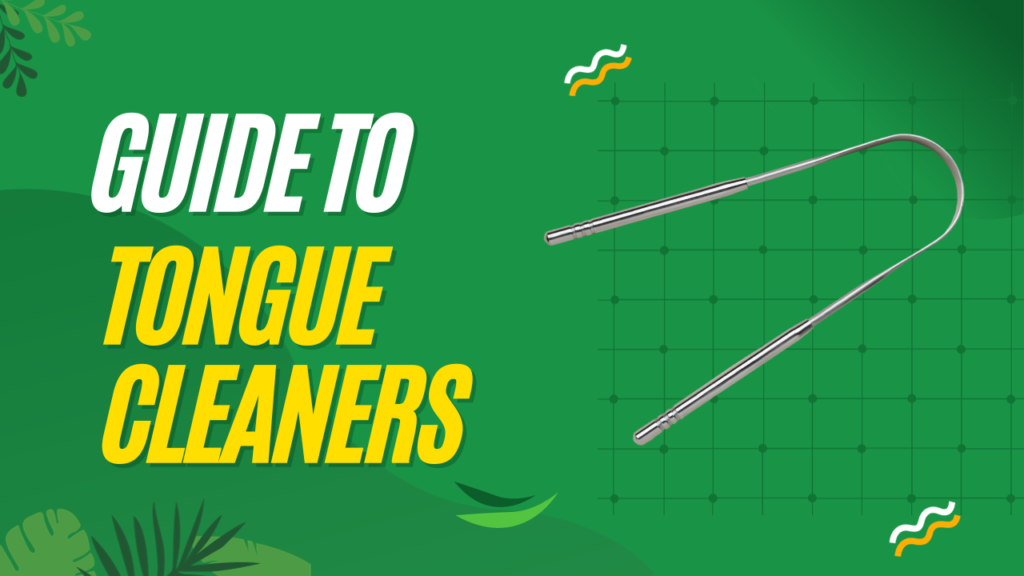Polycystic Ovary Syndrome (PCOS) is a common hormonal disorder affecting people with ovaries, characterized by irregular periods, ovarian cysts, and hormonal imbalances. While conventional treatments often involve medication, lifestyle modifications and holistic approaches have gained attention for managing PCOS symptoms. Seed cycling is one such natural method that has shown promise in regulating hormonal balance and promoting overall reproductive health. In this blog post, we’ll explore the concept of seed cycling for PCOS and how it may offer a natural and holistic approach to managing this condition.
Table of Contents
Harnessing Nature's Wisdom: Seed Cycling for PCOS Management
Understanding PCOS
PCOS is a complex condition that involves a range of symptoms, including irregular menstrual cycles, ovarian cysts, insulin resistance, and hormonal imbalances such as elevated levels of androgens (male hormones). These imbalances can lead to issues such as acne, weight gain, and fertility challenges. While the exact cause of PCOS is not fully understood, factors such as genetics, insulin resistance, and inflammation are believed to play a role.
Seed Cycling Basics
Seed cycling is a natural remedy rooted in the principles of naturopathy and holistic nutrition. It involves incorporating specific seeds into your diet during different phases of the menstrual cycle to support hormonal balance. The practice is based on the idea that certain seeds contain nutrients that can influence estrogen and progesterone levels, helping regulate the menstrual cycle.
Seed Cycling for PCOS: A Month-by-Month Approach
Seed cycling typically follows a monthly rhythm, aligning with the menstrual cycle’s four phases: menstruation, follicular, ovulatory, and luteal. Here’s a breakdown of how seed cycling is often practiced:
1.Menstruation (Days 1-7):
- Seeds: Flaxseeds and Pumpkin Seeds
- Benefits: Flaxseeds contain lignans, which may help balance estrogen levels, while pumpkin seeds are rich in zinc and omega-3 fatty acids, supporting hormone production.
2.Follicular Phase (Days 8-14):
- Seeds: Flaxseeds and Pumpkin Seeds (continued)
- Benefits: These seeds continue to support estrogen metabolism and promote hormonal balance during the follicular phase.
3.Ovulatory Phase (Days 15-21):
- Seeds: Sesame Seeds and Sunflower Seeds
- Benefits: Sesame seeds are rich in zinc and support progesterone production, while sunflower seeds provide vitamin E and selenium, aiding in hormonal balance.
4.Luteal Phase (Days 22-28):
- Seeds: Sesame Seeds and Sunflower Seeds (continued)
- Benefits: These seeds help maintain hormonal balance during the luteal phase, supporting progesterone production and mitigating potential estrogen dominance.
How to Incorporate Seeds into Your Diet
Ground Flaxseeds: Add a tablespoon of ground flaxseeds to smoothies, yogurt, oatmeal, or salads.
Pumpkin Seeds: Snack on raw or roasted pumpkin seeds, or sprinkle them on salads and soups.
Sesame Seeds: Include sesame seeds in stir-fries, sprinkle them on top of salads, or use tahini (sesame seed paste) in dressings or dips.
Sunflower Seeds: Enjoy sunflower seeds as a snack, sprinkle them on top of yogurt or cereal, or incorporate them into baked goods.
Consistency is Key
It’s important to note that seed cycling is not a quick fix, and results may vary from person to person. Consistency in incorporating these seeds into your daily diet over several months is key to potentially experiencing the benefits. Additionally, it’s advisable to consult with a healthcare professional before making significant changes to your diet, especially if you have underlying health conditions or concerns.
Other Lifestyle Considerations for PCOS
While seed cycling is a natural approach to support hormonal balance, it is just one component of a holistic lifestyle approach to managing PCOS. Here are some additional considerations:
Balanced Diet: Focus on a balanced and nutrient-rich diet that includes a variety of whole foods, vegetables, lean proteins, and healthy fats.
Regular Exercise: Engage in regular physical activity, as exercise can help improve insulin sensitivity and regulate hormonal levels.
Stress Management: Incorporate stress-reducing practices such as meditation, yoga, or deep breathing exercises, as chronic stress can exacerbate hormonal imbalances.
Adequate Sleep: Prioritize sufficient and quality sleep, as inadequate sleep can contribute to hormonal disruptions.
Hydration: Stay well-hydrated by drinking plenty of water throughout the day.
Conclusion
Seed cycling for PCOS is a holistic and natural approach that aligns with the principles of naturopathy and traditional medicine. While research on its efficacy is ongoing, many individuals have reported positive experiences in terms of hormonal balance and symptom management. As with any natural remedy, it’s essential to approach it with a well-informed and balanced perspective, understanding that individual responses may vary.
If you’re considering seed cycling as part of your PCOS management strategy, it’s recommended to do so under the guidance of a healthcare professional or a registered dietitian. They can provide personalized advice based on your specific health needs and help you integrate seed cycling into a comprehensive plan for managing PCOS symptoms naturally.
Other Article: The Comprehensive Guide to Tongue Cleaners



